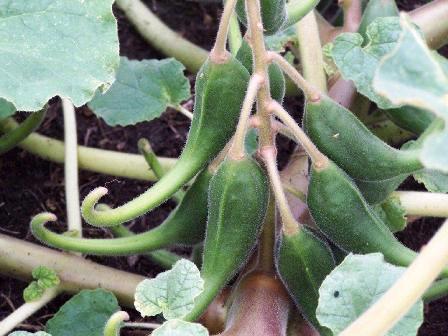
Profile
- Latin name: Harpagophytum Procumbens
- CAS No.: 84988-65-8
- Active Ingredient: Harpagpsides
- Specifications: 5%
- Test Method: HPLC
Description
The deserts of southern Africa are the home of the Devil’s Claw (Harpagophytum Procumbens) plant with a peculiar appearance, so called because of the particular shape of the tips of its fruits. For years the indigenous peoples of the continent have extracted the plant’s large tuberous roots, finely chopped them and left to dry in the sun. From the dried roots they then obtained the formulations for the treatment of arthritis, fever, indigestion etc.
After European and North American settlers discovered this herb in the 1950s, research began for its chemical properties and healing potential. Today many herbalists consider the Devil’s Claw an effective aid in the treatment of pain and stiffness in arthritic joints.

Benefits
It is not yet clear how the Devil’s Claw works to reduce inflammation and pain. The latest results indicate that the plant does not exert anti-inflammatory effects in the same way that many classic anti-inflammatory drugs do.
The popularity of the Devil’s Claw persists, the side effects seem to be minimal and many herbalists continue to recommend this ancient African remedy.
Application
Some studies support the use of Devil’s Claw to relieve the inflammation and pain that often afflict people with arthritis.
Stimulate appetite and control indigestion. Sip periodically over several days a strong tea from Devil’s Claw root, which contains powerful bitter-tasting substances, helps to revive the appetite and soothe digestive problems, moreover the German health authorities consider this type of tea very useful for the treatment of discomforts caused by peptic ulcer.

